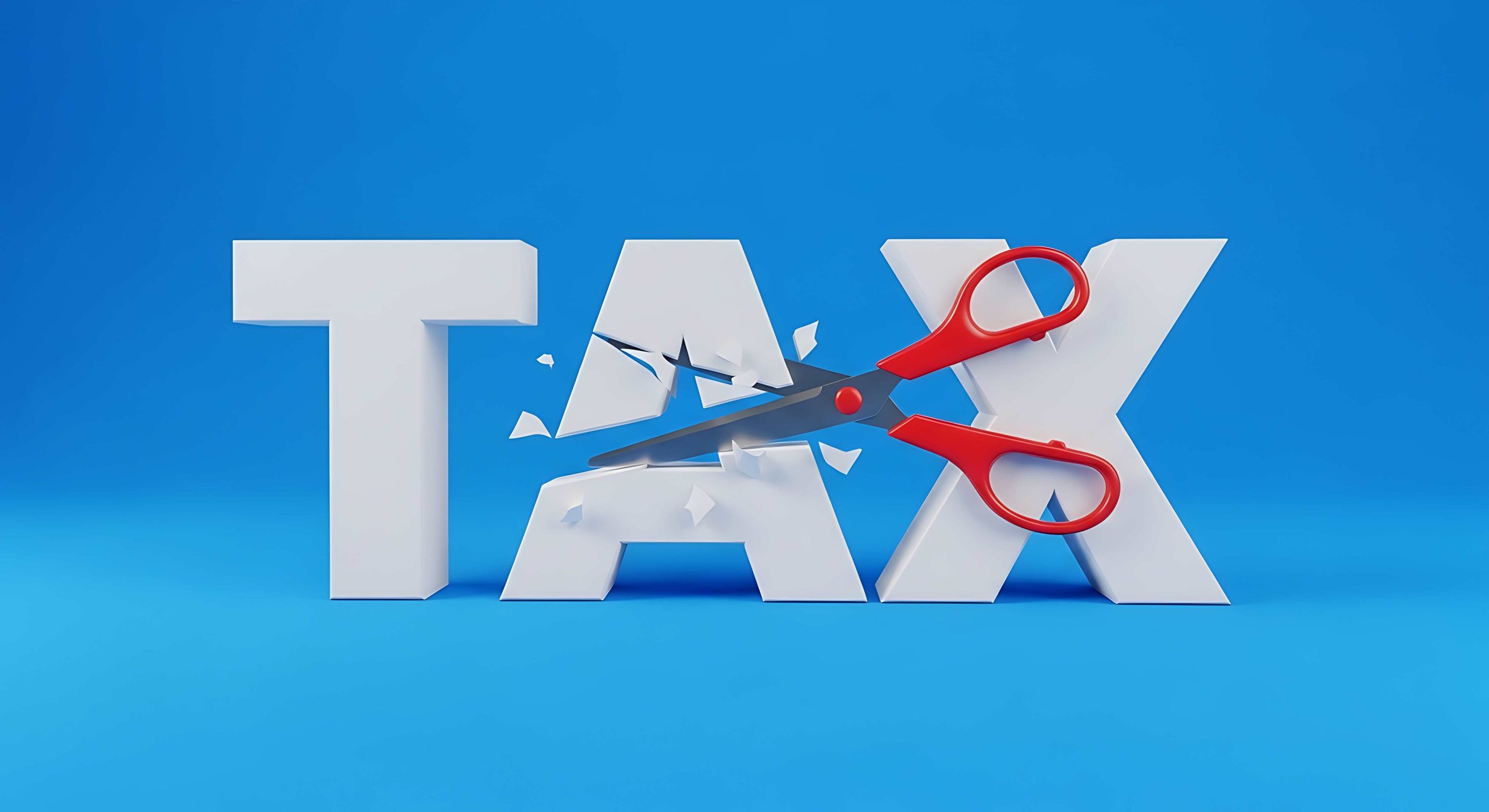If you’re considering making home energy-saving upgrades and want a tax break, you should act soon. The (leaky) window of opportunity is closing quickly.
And if you want to take advantage of tax credits for electric vehicles, run over to the dealership right away.
Federal clean energy tax credits established or expanded under former President Biden’s 2022 Inflation Reduction Act have been significantly curtailed by the recently passed tax legislation, which was signed into law in July 2025. The new law accelerates the expiration dates for many credits for both individuals and businesses.
Most of these credits had been set to expire at the end of 2032 or 2034. Now, they are set to expire at the end of this year, or in the case of EVs, the end of this month.
It’s important to note that you will need to pay for and complete the projects before the end of the year.
How Much Money Is at Stake?
These federal home energy tax credits have been instrumental in helping Americans lower their energy bills—and go green in the process.
One environmental group says that by taking advantage of these credits, the average household could cut their annual energy bills by over 70%, which for the average home is about $2,200 a year.
Most of the home improvement projects offer a 30 percent tax credit for the costs of qualifying clean energy systems. Most of these energy-efficient home projects are capped at $1,200; in some cases, the cap is $2,000.
Even after the federal credits expire, a number of state and local rebates will keep some incentive programs in place.
What’s Covered?
The tax credit covers a wide range of home improvement projects, everything from new water heaters to solar panels.
The credits also cover:
- Energy-efficient doors, windows, and skylights
- Furnaces, boilers, and central air conditioners
- Electrical panel upgrades
- Geothermal heat pumps, small wind turbines, fuel cells, and battery storage technology
For the most part, these projects must be done on your primary residence, which must be located in the United States. There are some exceptions for projects involving second homes and rentals.
Clean Vehicle Credits
The credit for new electric vehicles can be as high as $7,500, but under the new rules, you must take possession of the vehicle by September 30th.
There are a number of restrictions on which vehicles qualify.
- They must undergo final assembly in the U.S., and there are restrictions on where the battery components and minerals come from.
- The manufacturer’s suggested retail price (MSRP) cannot exceed $80,000 for pickup trucks, SUVs, and vans, or $55,000 on all other vehicles.
- Your Modified Adjusted Gross Income (MAGI) cannot exceed $300,000 for married couples filing jointly, $225,000 for heads of household, or $150,000 for all other filers.
- The credit for used EVs is 30 percent of the sale price, up to $4,000.
For the full list of eligible vehicles, check the government website at fueleconomy.gov.
There is also a credit of 30 percent for the installation of a charging station costing up to $1,000.
The credit is applicable to both the purchase and lease of a qualifying electric vehicle. Technically, the credit belongs to the leasing company, but many will pass the credit on to the lessee. Additionally, the MAGI limitation does not apply to a leased vehicle, making this an attractive alternative to purchasing the car for those who would not qualify for the credit based on their MAGI being too high in the year they purchase the car. If you are going to lease the car, make sure the leasing company passes the credit on in the form of a rebate or reduced lease price.
How to Claim the Tax Credit
If you complete and pay for the project by the end-of-year deadline, you will need to file Form 5695, Residential Energy Credits Part II, with your 2025 tax return, which you will file in 2026.
For EVs, Consumer Reports says that most auto dealerships will apply the tax credit when you make the purchase. If not, you will need to file IRS Form 8936.
For many people, the desire to reduce their carbon footprint is reason enough to purchase an EV or make energy-efficient home improvements. However, if you also want to claim a tax credit, you don’t have any time to waste. Call your contractor right away.



